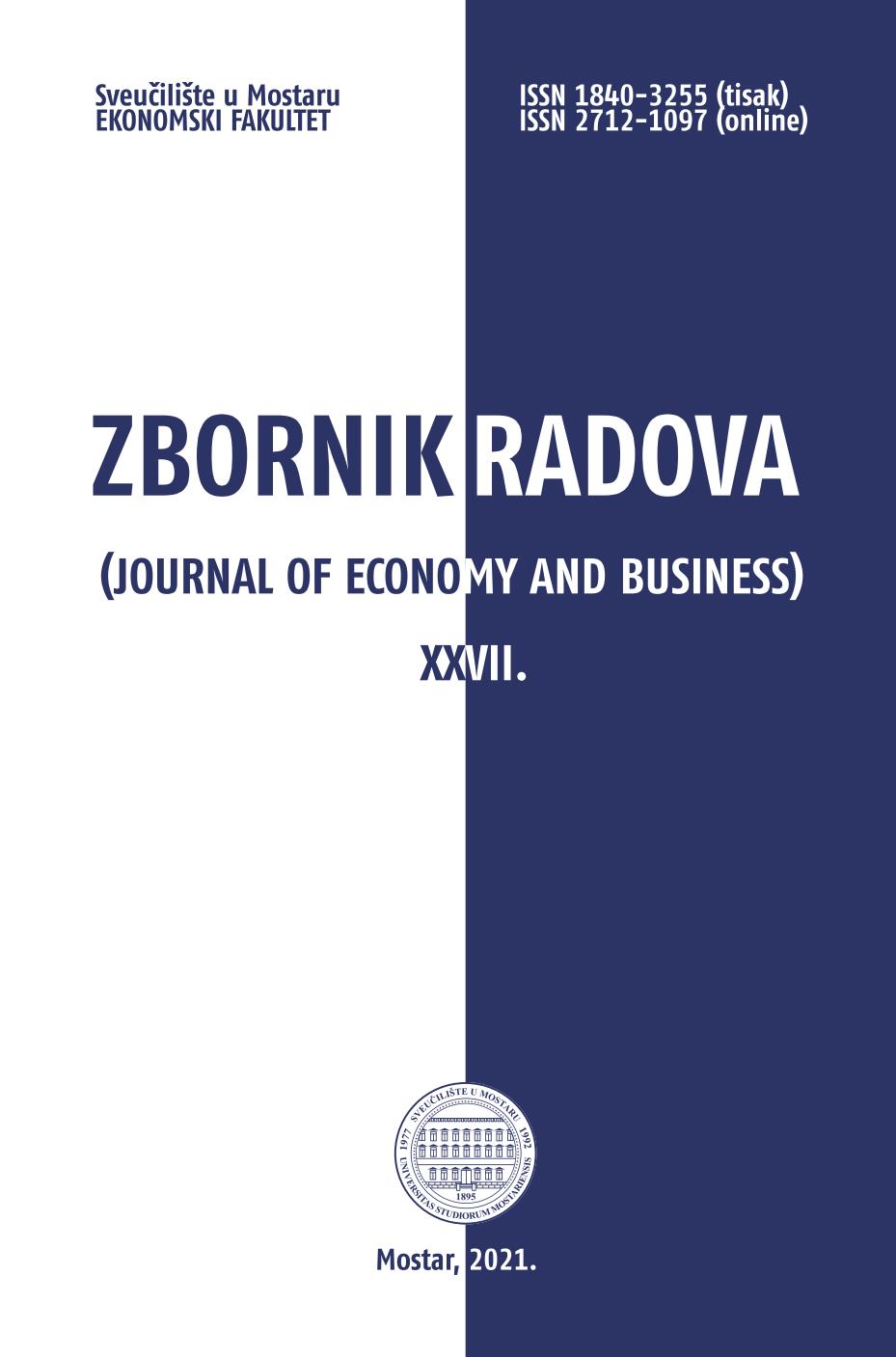PERILS OF DEBT-FINANCING: EXTERNAL DEBT AND ITS IMPLICATIONS ON NIGERIA’S ECONOMIC GROWTH
PERILS OF DEBT-FINANCING: EXTERNAL DEBT AND ITS IMPLICATIONS ON NIGERIA’S ECONOMIC GROWTH
Author(s): Rasheed Oyaromade, Olayinka Kehinde Binuomoyo, Akin George OgunleyeSubject(s): Economy, National Economy, Public Finances
Published by: Ekonomski fakultet, Sveučilište u Mostaru
Keywords: Nigeria; External Debt; Economic Growth; Exchange Rate; ECM;
Summary/Abstract: This paper examines the impact of external debt on the growth of the Nigerian economy between 1990 and 2018 with a view to drawing key implications for the management of the economy. Having ascertained that the variables of the study are non-stationary in levels but stationary after first differencing and also being cointegrated, error correction model (ECM) technique was used for the analysis. The pairwise Granger causality test results show that while a one-way causal relationship exists between fiscal balance and external debt with the causality running from fiscal balance to external debt, no causal relationship exists between external debt and real output. From the short run ECM and long run models, it was found that a statistically insignificant positive relationship exists between external debt and real output both in the short run and the long run. The statistical properties of the estimated ECM model show that the model is consistent, efficient and feasible for forecast and policy making. The recommendations that emanated from the study suggest that the Nigerian government should improve on fiscal policy governance, entrenching transparency and professionalism in the management of the country’s debt and that the larger public finance for debt should be made to be viable instrument for economic growth.
Journal: Zbornik radova
- Issue Year: 2021
- Issue No: XXVII
- Page Range: 94-121
- Page Count: 28
- Language: English

